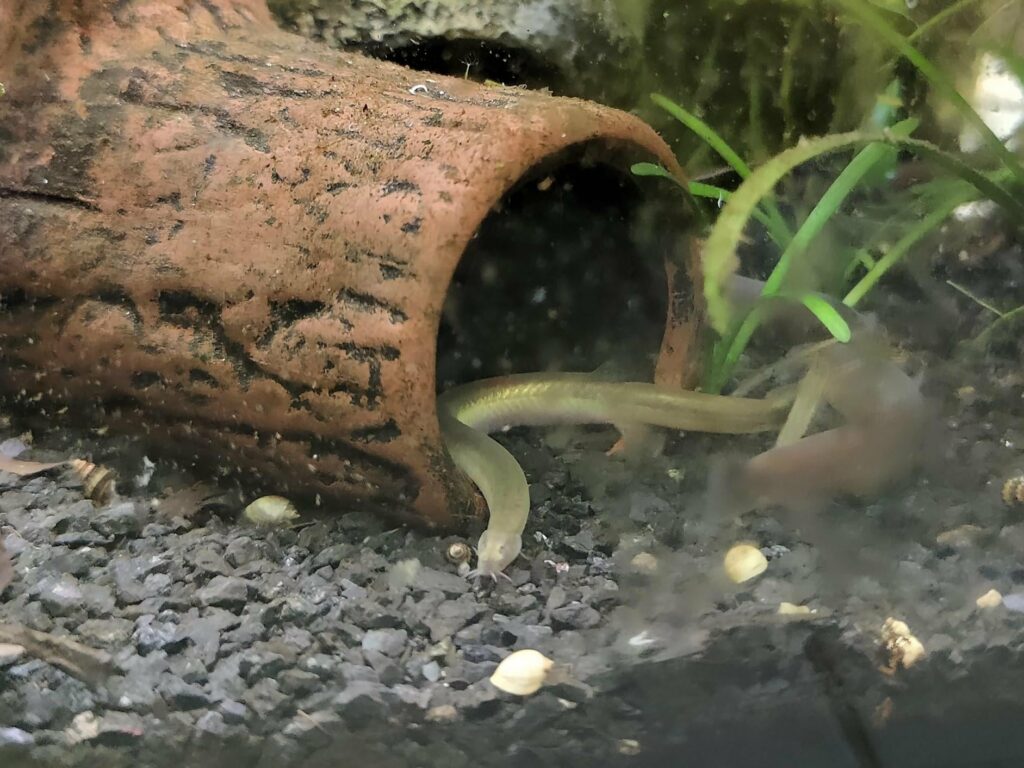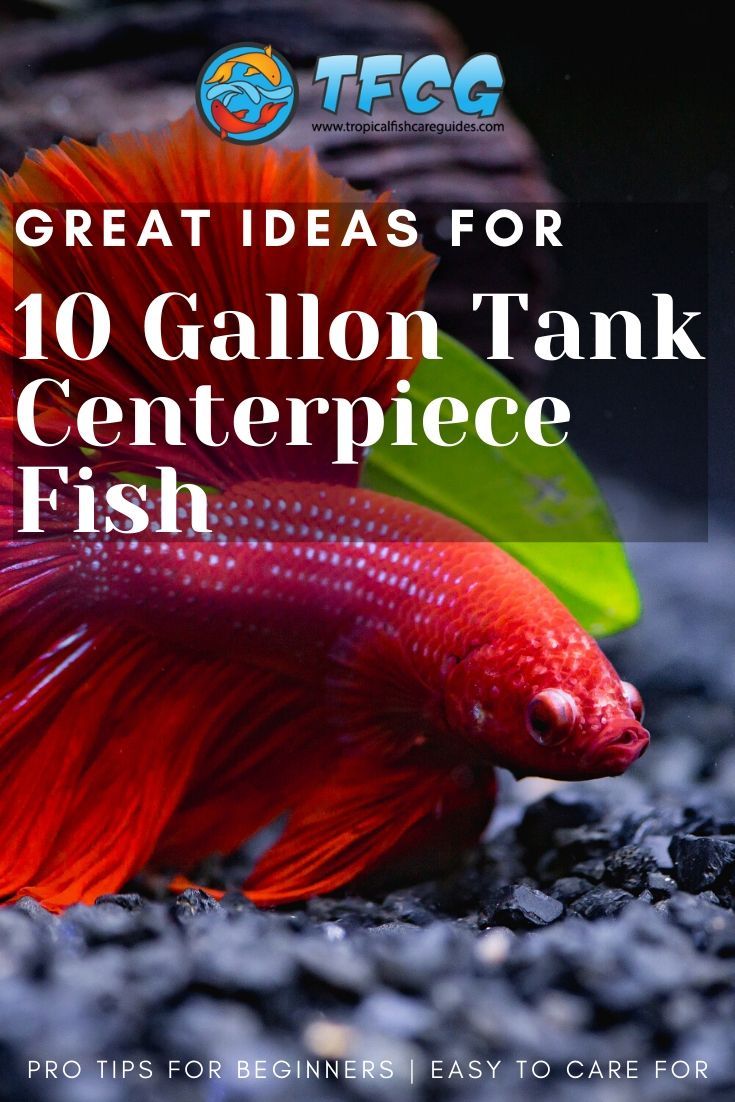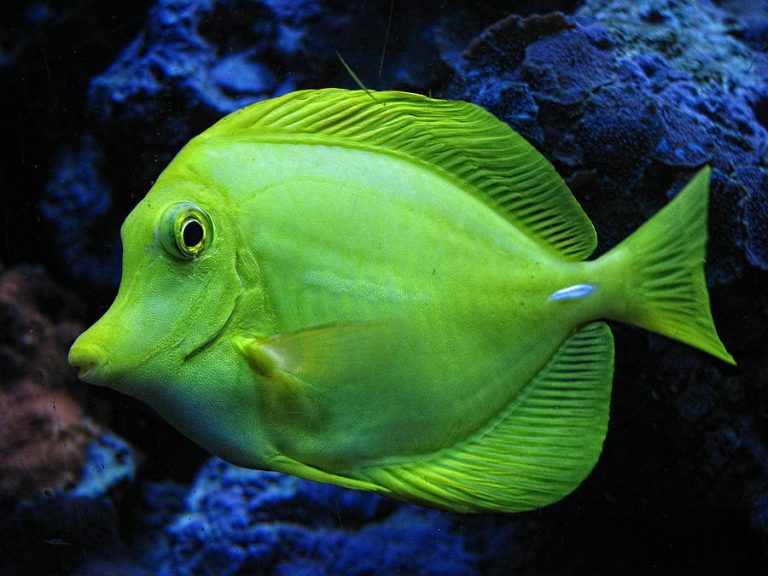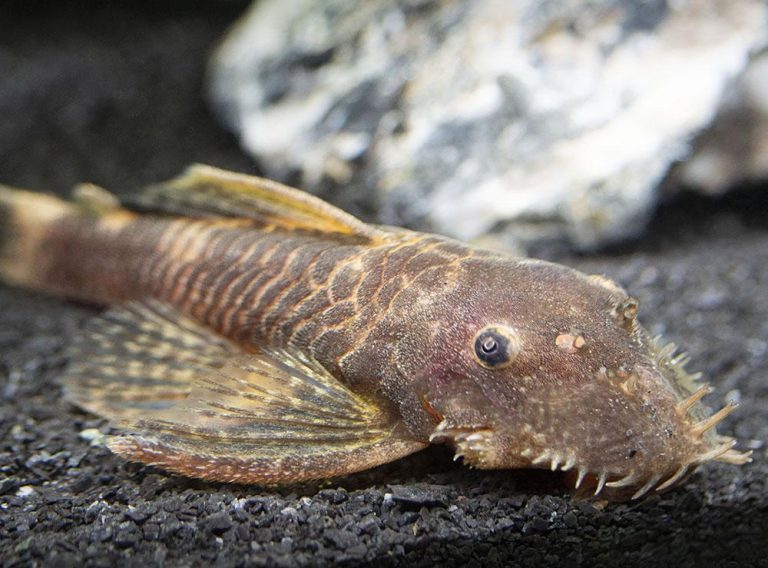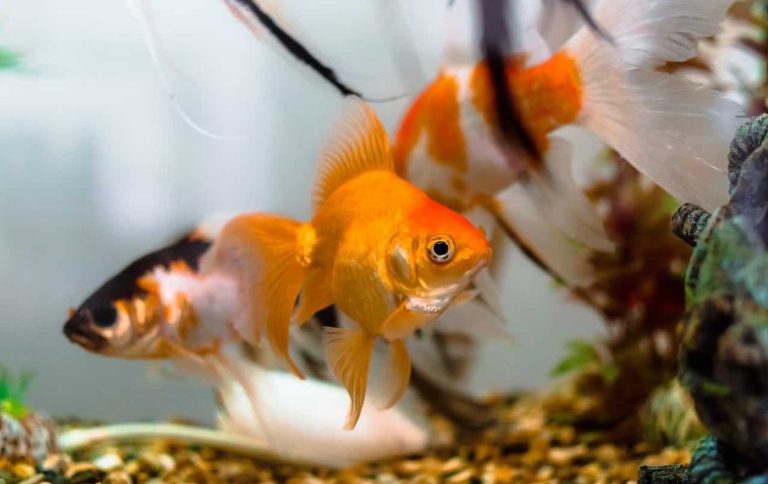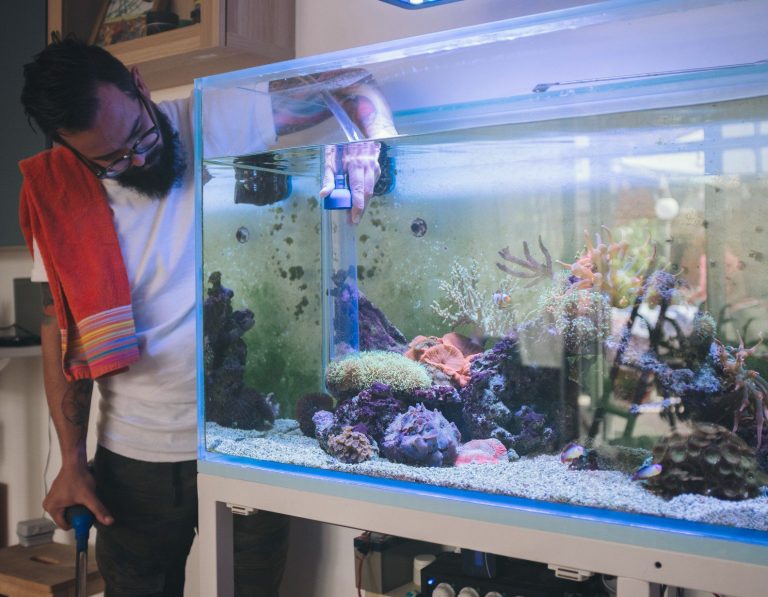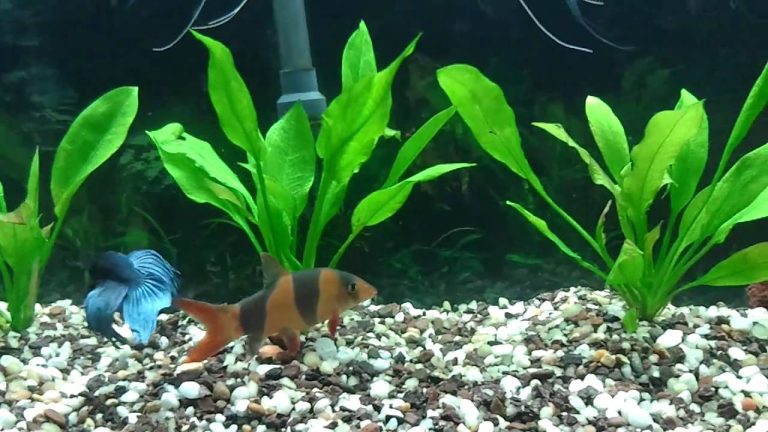What Do Clown Loaches Eat: A Comprehensive Guide.
Clown loaches are omnivores that primarily eat algae and small crustaceans. They also enjoy vegetable matter and small invertebrates.
Clown loaches are a popular freshwater fish that are best known for their bright colors and playful personalities. They are native to indonesia and are often kept in aquariums as pets. However, many people are unsure what to feed their clown loaches.
As mentioned earlier, these fish are omnivores, which means they eat both plant- and animal-based food. They thrive on a diverse diet that includes high-quality flakes, pellets, and frozen or live foods. Too much protein can cause digestive problems, so it’s important to provide them with a good balance of vegetable matter and small invertebrates. Clown loaches are also known to eat algae, so it’s a good idea to offer them algae wafers or fresh vegetables like spinach or kale. Providing clown loaches with a varied and nutritious diet will help keep them healthy and happy.

Credit: www.aquariumcoop.com
Natural Diet Of Clown Loaches
Clown loaches are an all-time favorite in the aquatic community. Their bright coloring and unique pattern always attract hobbyists looking for a vibrant addition to their tank. These freshwater fishes can grow up to a foot long and are omnivorous, which means they eat both plants and animals.
While they may accept a variety of foods in captivity, it is important to know what these fishes eat in their natural habitat to provide them with a balanced and healthy diet. In this post, we will delve into the natural diet of clown loaches and why it is important to feed them their natural food.
Explanation Of The Natural Habitat Of Clown Loaches
Clown loaches are native to the slow-moving rivers and streams of indonesia, specifically on the island of sumatra and the borneo region. These fishes inhabit the tropical forests of these areas and are used to the flowing water, variable water conditions, and a variety of natural food sources.
With this environment, they are known to be active swimmers and will love to explore their surroundings in your aquarium.
Types Of Food They Consume In The Wild
In the wild, clown loaches will eat anything from worms, small crustaceans, insects, snails, and plant matter. They are opportunistic feeders, meaning they will eat whatever is available in their natural habitat. However, their diet primarily consists of small invertebrates and insect larvae found in the substrate or gravel.
The Benefits Of Feeding Them Their Natural Diet
Feeding your clown loaches their natural diet provides numerous benefits that are essential to their health and well-being. Some of the benefits are:
- Healthier and happier fishes: Just like humans, fishes need a well-balanced diet to live a healthy life. Feeding your clown loaches their natural diet will ensure that they are getting the proper nutrients to thrive.
- Improved coloration: A natural diet provides the required nutrients that aid in enhancing the fishes’ coloration. You’ll notice that your clown loaches will display more vibrant colors over time.
- Better digestion: A diet rich in natural food sources is easier for clown loaches to digest, reducing the risk of digestive problems.
- Consistent growth: With a proper diet, clown loaches can grow to their full potential and maintain a proper size.
Knowing the natural diet of your clown loaches is vital to maintaining their health and happiness in a home aquarium. While these fishes will consume a variety of foods in captivity, it’s important to replicate their natural food sources for the best results.
Feeding them a balanced diet will ensure they thrive and remain vibrant.
Commercial Diets For Clown Loaches
Clown loaches are an incredibly popular freshwater aquarium fish, and it’s important to understand their dietary requirements to promote their health and longevity. A well-rounded diet is crucial to keep your clown loaches healthy and active. In this blog post, we will discuss the different types of commercial diets available for clown loaches, analyzing their nutritional value, benefits, and drawbacks.
Discussing The Different Types Of Commercial Diets Available
When it comes to their diet, clown loaches are not picky eaters and will eat various types of food. However, not all commercial diets are created equal, and it’s crucial to select the right food for your loaches. Here are some of the most popular commercial diets available:
- Pellets: Pellets are a staple for most aquarium fish, and clown loaches are no exception. Ensure that the pellets are specifically designed for clown loaches.
- Flakes: Flakes are another popular option. Make sure that the flakes float on the surface as clown loaches tend to hover at the surface while feeding.
- Frozen or live food: Clown loaches love to eat live or frozen foods such as bloodworms and brine shrimp. This option is healthier than most commercial diets if they are available.
Analyzing The Nutritional Value Of Different Brands
The nutrient composition of commercial diets varies from one brand to another. Understanding the nutritional value of each commercial diet will help you make the right choice for your clown loaches. Here are some crucial elements to consider:
- Protein content: Clown loaches require a high protein diet. Ensure that the commercial diet you choose has a protein content of at least 30%.
- Fat content: Fat is essential for energy supply. Ensure that the fat content is kept below 5%.
- Vitamins and minerals: Clown loaches require vitamins a and c, as well as minerals such as calcium and iron.
Highlighting The Benefits And Drawbacks Of Commercial Diets
Like most things, there are benefits and drawbacks to commercial diets. Here are some to consider:
Benefits:
- Convenience: Commercial diets are readily available and easy to use to feed your clown loaches.
- Nutritional balance: Commercial diets are specifically designed to meet the dietary requirements of clown loaches.
- Long shelf life: Most commercial diets have a long shelf life.
Drawbacks:
- Expensive: Commercial diets can be expensive compared to other types of food.
- Preservatives: Commercial diets have preservatives that are not always suitable for clown loaches.
- Boredom: Your clown loach may get bored with one type of commercial diet and require a change of diet to prevent boredom.
Providing a well-balanced diet is essential for the overall health and well-being of your clown loaches. Understanding the various types of commercial diets, their nutritional value, benefits, and drawbacks, will help you choose the right type of food to keep your loaches healthy, happy, and active.
Supplemental Foods For Clown Loaches
Clown loaches are a beautiful and active freshwater fish that originate from southeast asia. They are known for their distinct patterns and bright colors, making them a popular choice for aquarists. Choosing the right diet for clown loaches can prove to be challenging, and many fish keepers often wonder what foods to add to their diet.
In this blog post, we will explore a detailed guide to the different foods that can be added to their diet.
A Detailed Guide To The Different Foods That Can Be Added To Their Diet
Clown loaches are omnivorous and require a balanced diet consisting of both meat-based and plant-based foods. Their diet should include a variety of foods that provide all the necessary nutrients they need for healthy growth and development. Here are a few key points regarding different food options for clown loaches:
- Pellets: Pellets are a staple food for most aquarium fish, and clown loaches are no exception. Choose high-quality pellets with a balanced nutritional profile. You can also mix different types of pellets to add variety to their diet.
- Frozen or live foods: Clown loaches enjoy eating live or frozen foods such as bloodworms, brine shrimp, and daphnia. These are great options for providing additional protein to their diet.
- Vegetables: Vegetables are essential for providing fiber and essential nutrients to clown loaches. Some great options include zucchini, cucumber, spinach, and lettuce.
- Fruits: While fruits should not be the primary source of food, they serve as a great treat and provide additional vitamins. Some good options include watermelon, berries, and bananas.
The Nutritional Benefits Of Supplemental Foods
Supplemental foods are a great way of providing essential nutrients that may be missing from the staple diet. They help to improve the fish’s overall health and well-being, reducing the risk of diseases. Here are a few key nutritional benefits of supplementing clown loaches’ diet:
- Vitamin c: Vitamin c is crucial for strengthening the immune system and protecting the fish from diseases. It also supports wound healing and helps in the production of collagen.
- Omega-3 fatty acids: Omega-3 fatty acids are essential for maintaining healthy skin and fur. They also help to reduce inflammation and improve brain function.
- Fiber: Fiber helps in the digestion process, preventing constipation and other digestive issues. It also helps to regulate blood sugar levels and improve heart health.
A Comprehensive List Of Fruits, Vegetables, And Meat-Based Foods That Can Be Given To Clown Loaches:
- Vegetables: Zucchini, cucumber, spinach, lettuce, peas, broccoli, kale, green beans, and carrots.
- Fruits: Watermelon, banana, berries, apples, and grapes.
- Meat-based: Bloodworms, brine shrimp, daphnia, and krill.
It’s vital to provide a balanced and varied diet to clown loaches, consisting of both plant-based and animal-based foods. Supplemental foods such as vegetables and fruits should be included to provide essential nutrients that may be missing from the staple diet.
Regularly providing a varied and healthy diet will help keep your clown loaches healthy and happy.
How Much And How Often Should You Feed Clown Loaches?
Clown loaches are known for their quirky personalities and distinct striped patterns. These tropical fish are a popular choice for aquarium enthusiasts due to their ability to grow up to a foot in size and their lifespan of up to 15 years.
However, one of the most important aspects of keeping clown loaches healthy is their diet. In this section, we will explore how much and how often you should feed clown loaches.
Discussing The Frequency And Recommended Amount Of Food For Clown Loaches
- Clown loaches should be fed twice a day, with small meals
- A healthy amount of food consists of an amount they can consume within two minutes
- One of the main staples of their diet should be high-quality sinking pellets that contain a high percentage of protein
- Clown loaches also enjoy snacking on live or frozen foods such as bloodworms, brine shrimp, and daphnia.
The Importance Of Observing Their Behavior And Appetite
- Pay attention to their eating habits and adjust portion sizes accordingly
- Clown loaches are known to overeat and can become obese. Careful monitoring of their diet is essential.
- Take note of any change in eating patterns. A change in appetite can indicate a health problem.
Providing Tips On Managing Feeding Habits
- Only provide enough food for clown loaches to consume in a two-minute timeframe
- Make sure to remove any uneaten food immediately to prevent rotting and contaminating the water
- Consider alternating their diet with live or frozen foods to provide a variety of nutrients
- Avoid feeding clown loaches human food, as it can lead to malnutrition and obesity.
- Always provide plenty of hiding spaces in the aquarium to help reduce stress and allow clown loaches to feel more secure during feeding times.
Frequently Asked Questions On What Do Clown Loaches Eat
What Are Clown Loaches?
Clown loaches are freshwater tropical fish commonly found in indonesia. They are popular aquarium pets due to their active behavior and vibrant colors.
What Do Clown Loaches Eat In The Wild?
In the wild, clown loaches are omnivores and eat a variety of foods including small crustaceans, insects, and plant matter.
What Should I Feed My Pet Clown Loach?
For optimal health, feed your pet clown loach a balanced diet of high-quality sinking pellets, frozen or live foods, and fresh vegetables.
Can Clown Loaches Overeat?
Yes, clown loaches can overeat and become obese. To prevent this, feed them small portions multiple times a day instead of one large feeding.
Conclusion
By now you should have a clear understanding of what clown loaches eat, and how important it is to offer them the right diet. Whether you choose to provide them with live, frozen or flake foods, it’s crucial to vary their diet and keep it balanced.
Understandably, clown loaches are not picky eaters, but it’s up to you as their caregiver to ensure that they receive all the necessary nutrients to thrive. While some food options may be more expensive or require a special trip to the pet store, it’s a small price to pay for the health and well-being of your fish.
Keeping a watchful eye on their diet will not only result in happy and healthy clown loaches, but also a beautiful and thriving aquarium.
